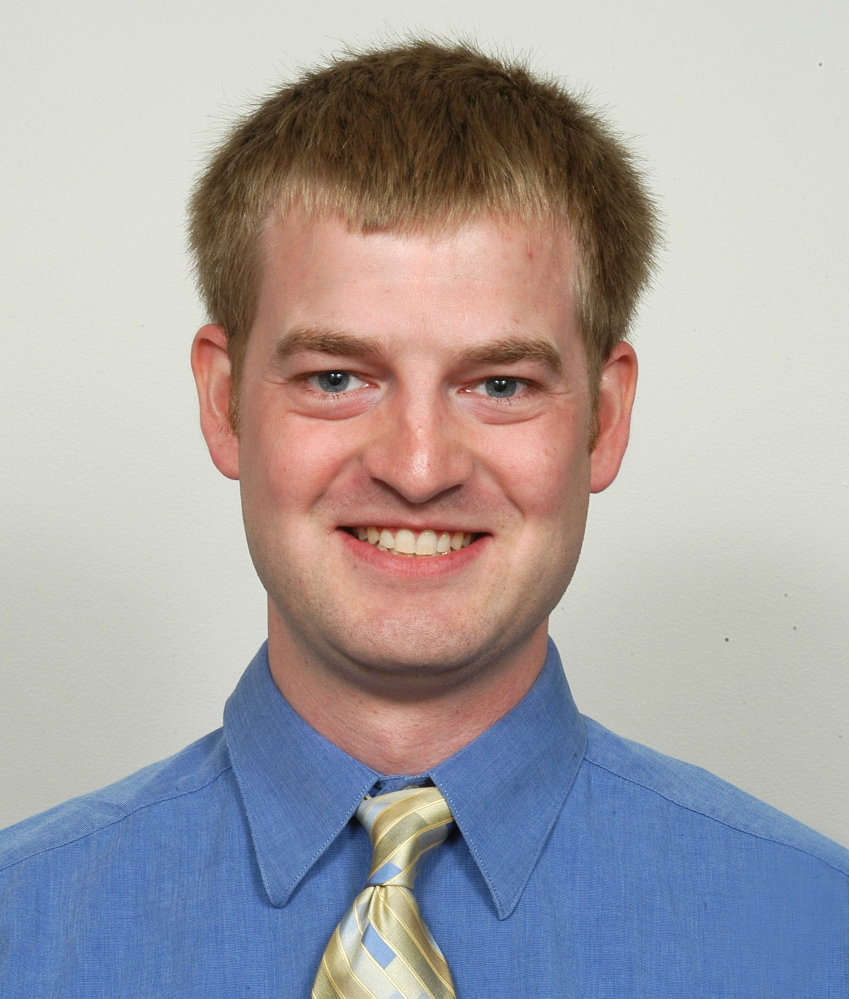FORT WORTH, Texas —Kent Brantly always wanted to be a medical missionary, and he took the work seriously, spending months treating a steady stream of patients with Ebola in Liberia.
Now Brantly is himself a patient, fighting for his own survival in an isolation unit on the outskirts of Monrovia, Liberia after contracting the deadly disease.
The Texas-trained doctor says he is “terrified” of the disease progressing further, according to Dr. David Mcray, the director of maternal-child health at John Peter Smith Hospital in Fort Worth, where Brantly completed a four-year residency.
“I’m praying fervently that God will help me survive this disease,” Brantly said in an email Monday to Mcray. He also asked that prayers be extended for Nancy Writebol, an American co-worker who also has fallen ill.
Brantly “went into Ebola exhausted” from treating Ebola patients, Mcray said after speaking with him Monday. His prognosis is grave and efforts to evacuate him to Europe for treatment have been thwarted as Liberian President Ellen Johnson Sirleaf has closed border crossings.
There is no known cure for Ebola, which begins with symptoms including fever and sore throat and escalates to vomiting, diarrhea and internal bleeding. The disease spreads through direct contact with blood and other bodily fluids as well as indirect contact with “environments contaminated with such fluids,” according to the World Health Organization.
Still, colleagues and family members said Brantly, 33, knew of the risks associated with working in one of the world’s poorest countries during an epidemic and did not regret his choice.
“Kent prepared himself to be a lifetime medical missionary,” said his mother, Jan Brantly. “His heart is in Africa.”
Last October, Brantly began a two-year fellowship with Samaritan’s Purse, a Christian aid group, to serve as a general practitioner, delivering babies and performing surgeries at a mission hospital in the Monrovia suburb of Paynseville.
When Ebola spread from neighboring Guinea into Liberia, Brantly and his wife, Amber, re-evaluated their commitment, but decided to stay in West Africa with their children, ages 3 and 5.
Brantly directed the hospital’s Ebola clinic, wearing full-body protective gear in the Equatorial heat for upward of three hours at a time to treat patients.
He undertook humanitarian work while studying medicine at Indiana University, working in impoverished, inner-city neighborhoods, according to a medical school spokeswoman.
Copy the Story LinkSend questions/comments to the editors.



Success. Please wait for the page to reload. If the page does not reload within 5 seconds, please refresh the page.
Enter your email and password to access comments.
Hi, to comment on stories you must . This profile is in addition to your subscription and website login.
Already have a commenting profile? .
Invalid username/password.
Please check your email to confirm and complete your registration.
Only subscribers are eligible to post comments. Please subscribe or login first for digital access. Here’s why.
Use the form below to reset your password. When you've submitted your account email, we will send an email with a reset code.